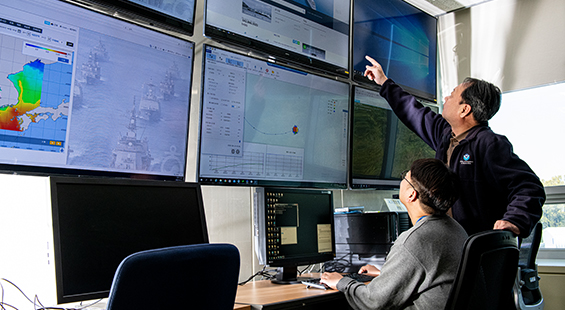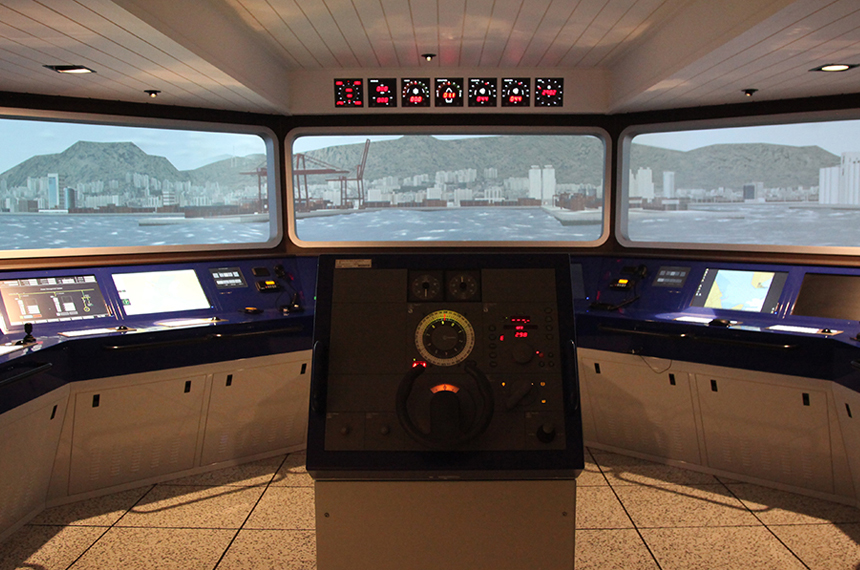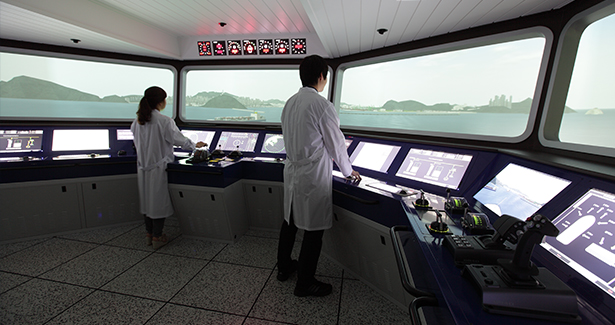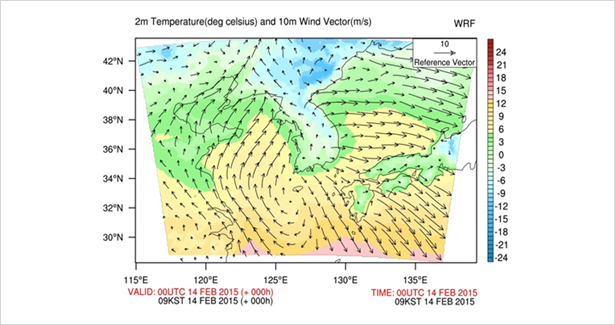Development of maritime transportation and maritime accident response technology
KRISO will improve the safety and efficiency of maritime transportation using advanced ICT, and protect citizens and the marine environment from maritime accidents.
KRISO contributes to the realization of safe and clean maritime environment by developing smart maritime transportation technology and maritime accident response technology.
Although ships are becoming larger and maritime transportation is increasing due to the increase of maritime traffic, the number of experienced sailors is decreasing. As a result, risks of maritime accidents caused by human error and damage to the maritime environment are increasing. Therefore, KRISO is making efforts to minimize the number of victims and maritime environmental contamination in maritime accidents by forming a safe and efficient maritime transportation environment and developing rapid maritime accident counteraction technology through cutting-edge ICT-based establishment of world-class smart maritime transportation infrastructure and the development of relevant service technology. The institute will contribute to maritime safety by achieving world-class standards in maritime transportation, including smart maritime transportation infrastructure and personalized services to meet the needs of users. It will play a key role in protecting citizens and the marine environment by enabling rapid response to maritime accidents.
01 Development of smart maritime transportation technology

Research Content
Establishment of smart maritime transportation infrastructure for preventing maritime transportation accidents and managing maritime transportation safety, and development of relevant services
To prevent maritime accidents caused by ships, KRISO is developing technology to enhance safety in the three factors of maritime transportation: ship, crew, and maritime transportation environment.
KRISO is developing ship safety navigation support and human risk reduction technology to prevent maritime accidents caused by negligence of navigation officers. It has established smart maritime transportation infrastructure using ICT to improve the safety and efficiency of the maritime transportation environment, and is developing related technology to provide maritime transportation services. The institute boasts world-class standards in maritime transportation infrastructure, including an ultra-high-speed maritime communications network, e-navigation services on all ships, and a highly reliable location information system. Maritime transportation data standards are being developed for maritime authorities to access and utilize maritime information, and AI-based decision-making will allow safer navigation of ships.
Detailed Research Topics
- Establishment and pilot operation of e-navigation operation infrastructure
- Establishment and pilot operation of resilient positioning navigation infrastructure
- Establishment of maritime transportation standards and relevant big data
- Development of technology for supporting safe ship operation and automating the operation
- Development of technology for reducing human risk in maritime safety field
02Development of rapid maritime accident response technology

Research Content
Development of intelligent survivor search and rescue technology and maritime pollution dispersion prediction and prevention technology for minimizing damage caused by maritime ship accidents
Maritime accident response technology enables rapid, timely responses to maritime accidents, thereby minimizing human casualties and damage to the maritime environment.
AI-based search and rescue technology relies on advanced sensors and AI to rapidly and efficiently save passengers and crew in distress.
Breakwater support technology utilizes breakwaters to prevent spreading of oil and other hazardous substances in the ocean, and helps to minimize damage in the event of maritime pollution disasters. Technology and equipment are being developed to replace manual recovery during large-scale oil spill disasters, so as to ensure faster and more accurate recovery.
Detailed Research Topics
- Development of artificial intelligence-based rapid search and rescue technology applicable to maritime accidents
- Development of highly reliable model for predicting pollution spread in maritime accidents
- Development of equipment/infrastructure technology to counteract maritime accidents
- Development of technology for reproducing maritime accidents and analyzing their causes
- Development of technology for life cycle management of maritime waste
Research Facility
-

Full Mission Bridge Simulator
Used in navigation simulation, maritime traffic safety, and maritime accident analysis based on modeling of maneuverable characteristics or dynamic motion response of ships in relation to external forces such as wind, waves, current, and weather.

 Research Project
{{data.S ? data.S.sum : 0}}
Research Project
{{data.S ? data.S.sum : 0}}

 Patent
{{data.P ? data.P.sum : 0}}
Patent
{{data.P ? data.P.sum : 0}}

 Technology Transfer
{{data.T ? data.T.sum : 0}}
Technology Transfer
{{data.T ? data.T.sum : 0}}

 Thesis
{{data.R ? data.R.sum : 0}}
Thesis
{{data.R ? data.R.sum : 0}}

















